3 Signs Your Cat Is Having a Medical Emergency
Cats are known for their independence and subtle ways of showing discomfort, making it challenging for pet owners to determine when something is seriously wrong. However, being observant and knowledgeable about specific signs can help you quickly identify when you might need to seek pet emergency veterinarians. In this post, we'll explore three crucial signs that indicate your cat might be having a medical emergency.
1. Change in Behavior
A sudden and severe change in your cat's behavior or physical condition can be alarming. One of the most critical signs is difficulty breathing, which may manifest as rapid, shallow breaths or open-mouth breathing. If you notice your cat having trouble breathing, it's imperative to seek veterinary help immediately, as this could indicate a life-threatening condition such as heart failure or a severe respiratory infection.
2. Persistent Vomiting or Diarrhea
Another major sign of a medical emergency is persistent vomiting or diarrhea. While occasional vomiting or diarrhea isn't unusual, especially if your cat has had a dietary indiscretion, ongoing symptoms can lead to severe dehydration and electrolyte imbalances. According to the Times Union, one in three pets requires emergency care annually, with a pet in the U.S. receiving urgent treatment roughly every 2.5 seconds. Being vigilant about these signs is crucial for a large portion of the population to ensure their pets' well-being and avoid potentially fatal outcomes.
3. Lethargy
Lethargy and an unwillingness to move can also signal a serious medical issue. Cats are naturally curious creatures, so when yours suddenly becomes overly lethargic or refuses to engage with their surroundings, they could be suffering from a range of problems, from an internal injury to a severe infection or poisoning. Rapid intervention is necessary to determine the underlying cause and provide the appropriate treatment.
Recognizing the signs of a medical emergency in your cat can make all the difference in ensuring your pet receives the lifesaving care they need. By staying attuned to changes in your cat's breathing, digestion, and energy levels, you can act swiftly and effectively in a crisis. Once you are aware of these indicators, you'll be better prepared to provide the essential emergency response that can save your feline friend's life. For one of the top pet emergency veterinarians in the area, contact us today at the Emergency Animal Hospital of Crystal Falls.
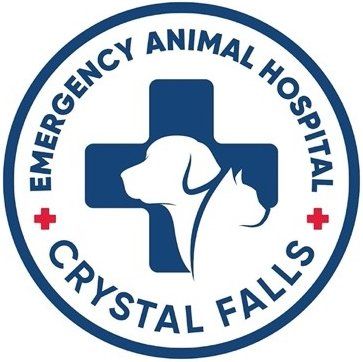
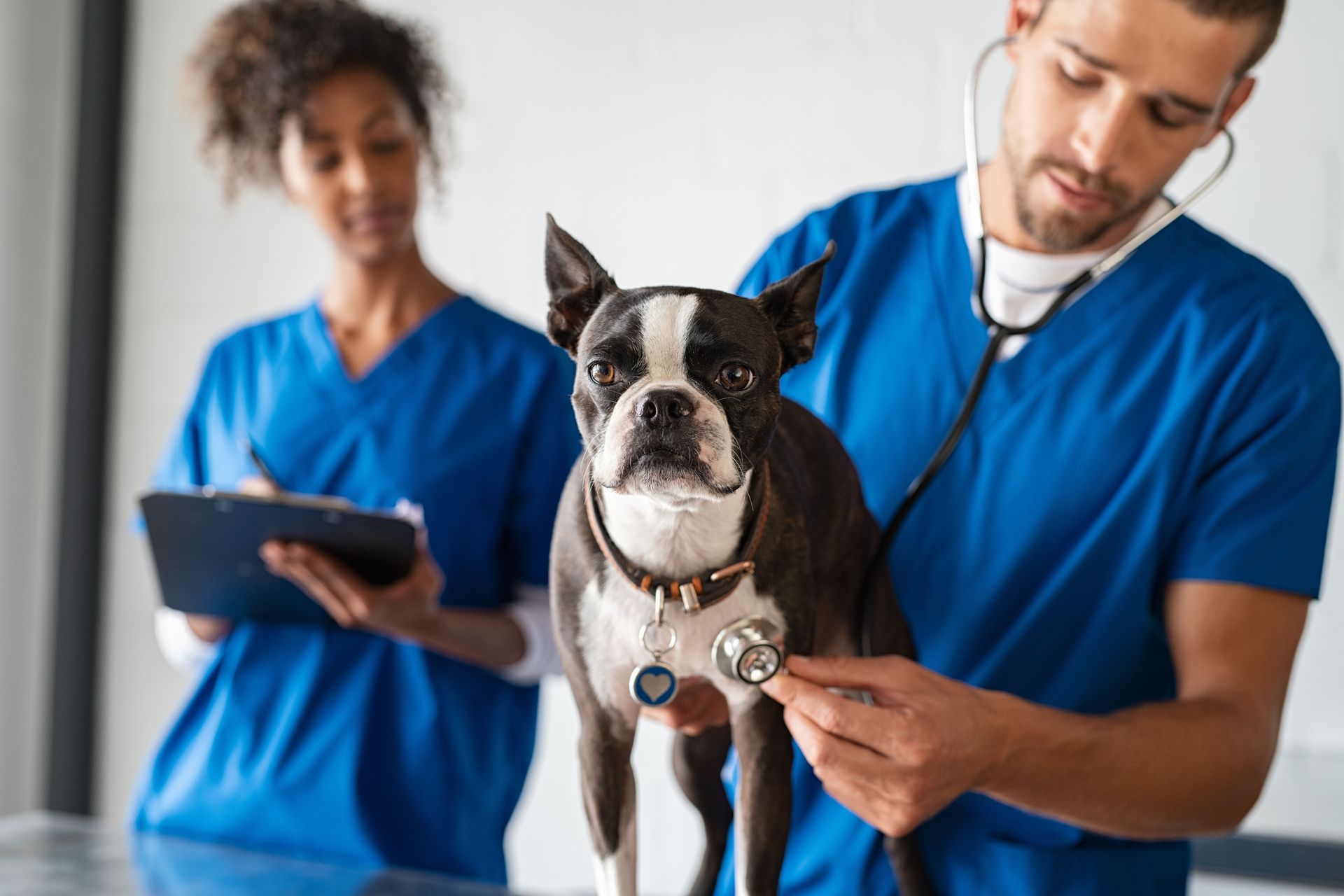
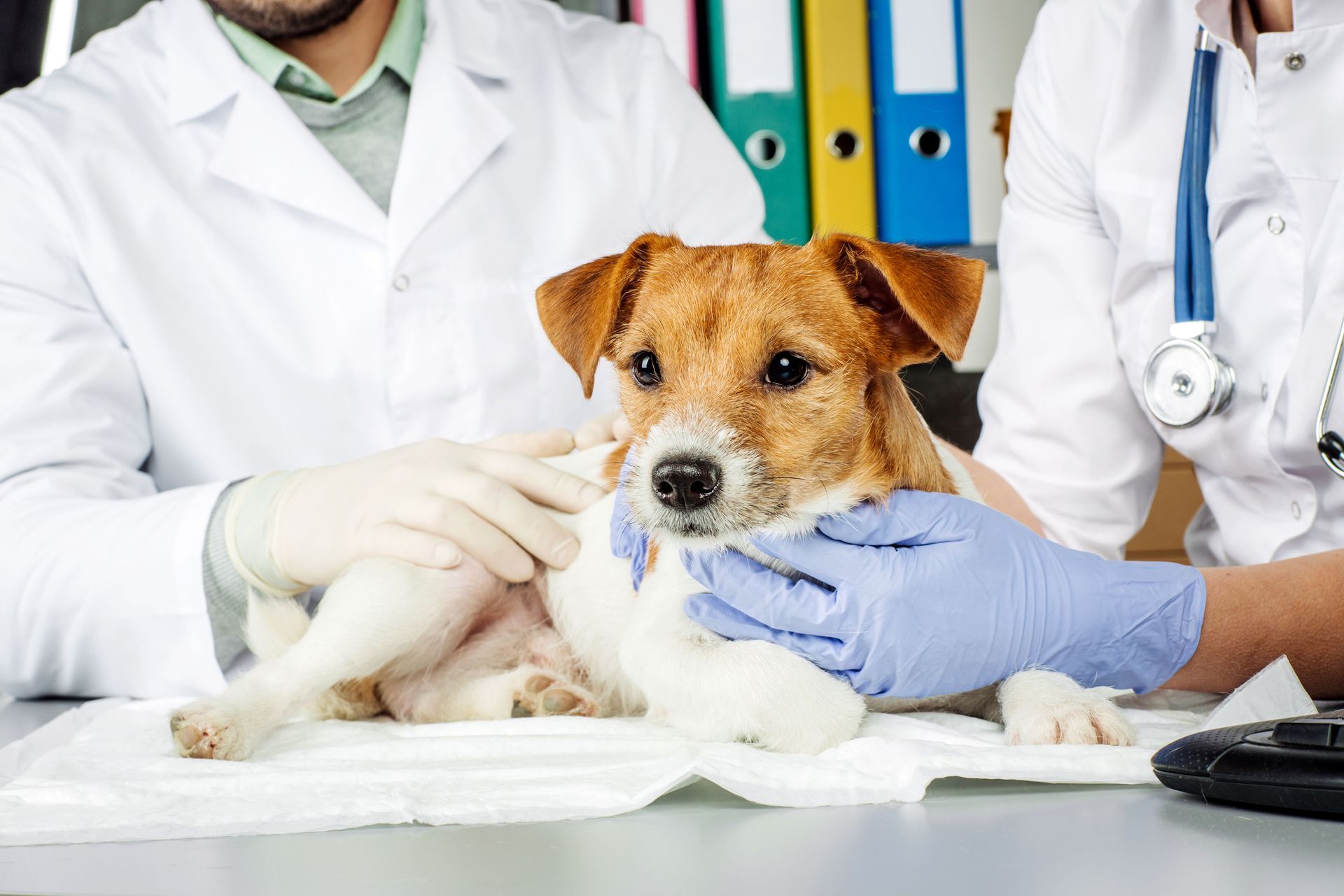
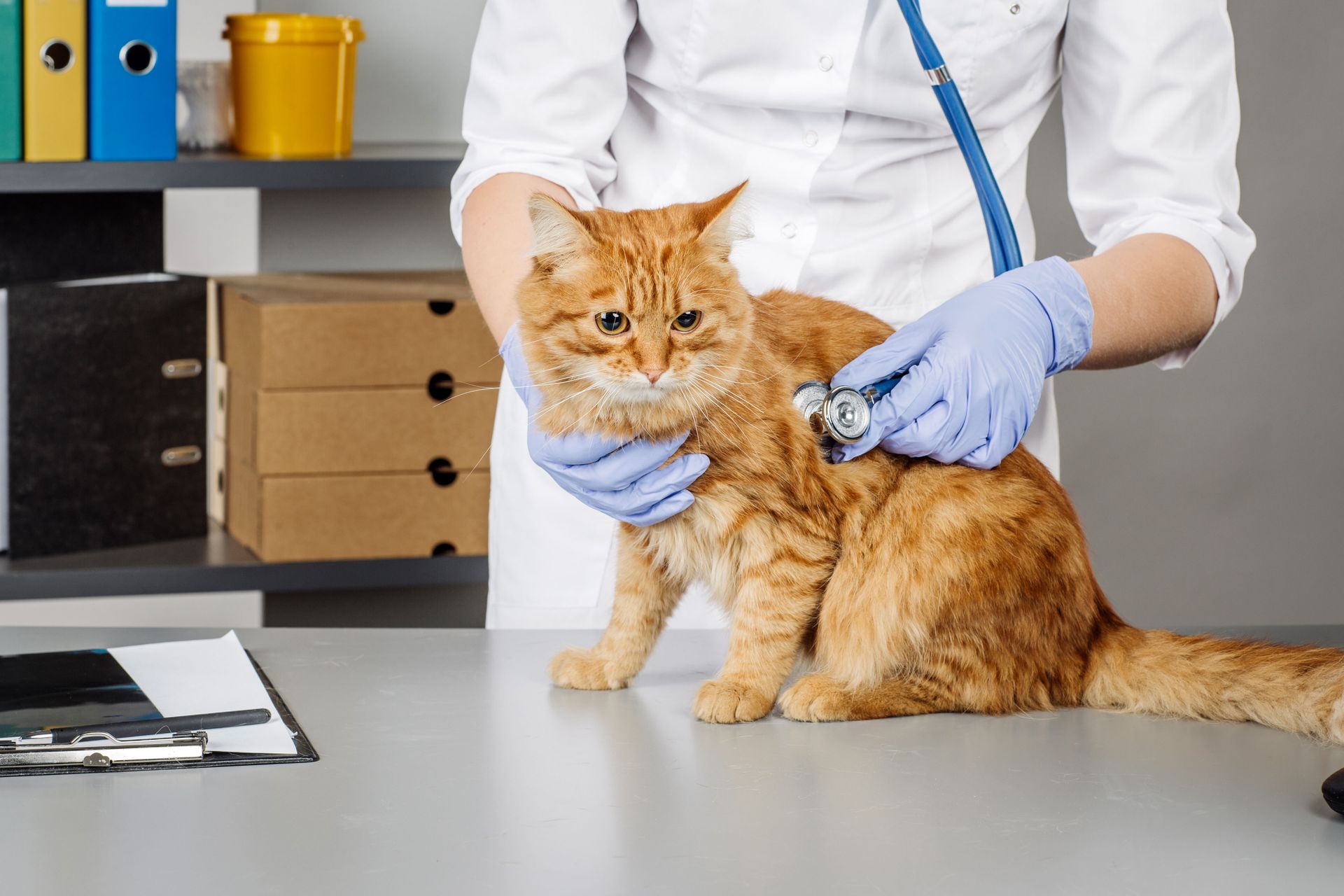
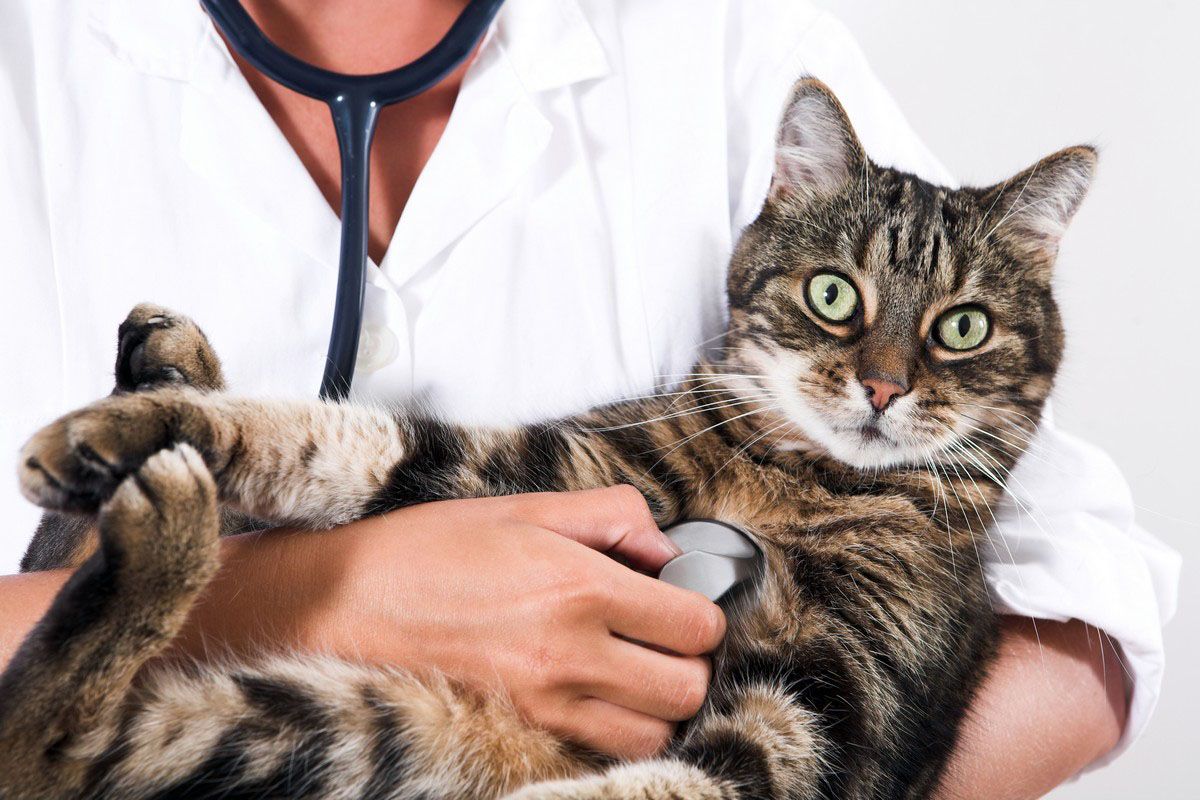
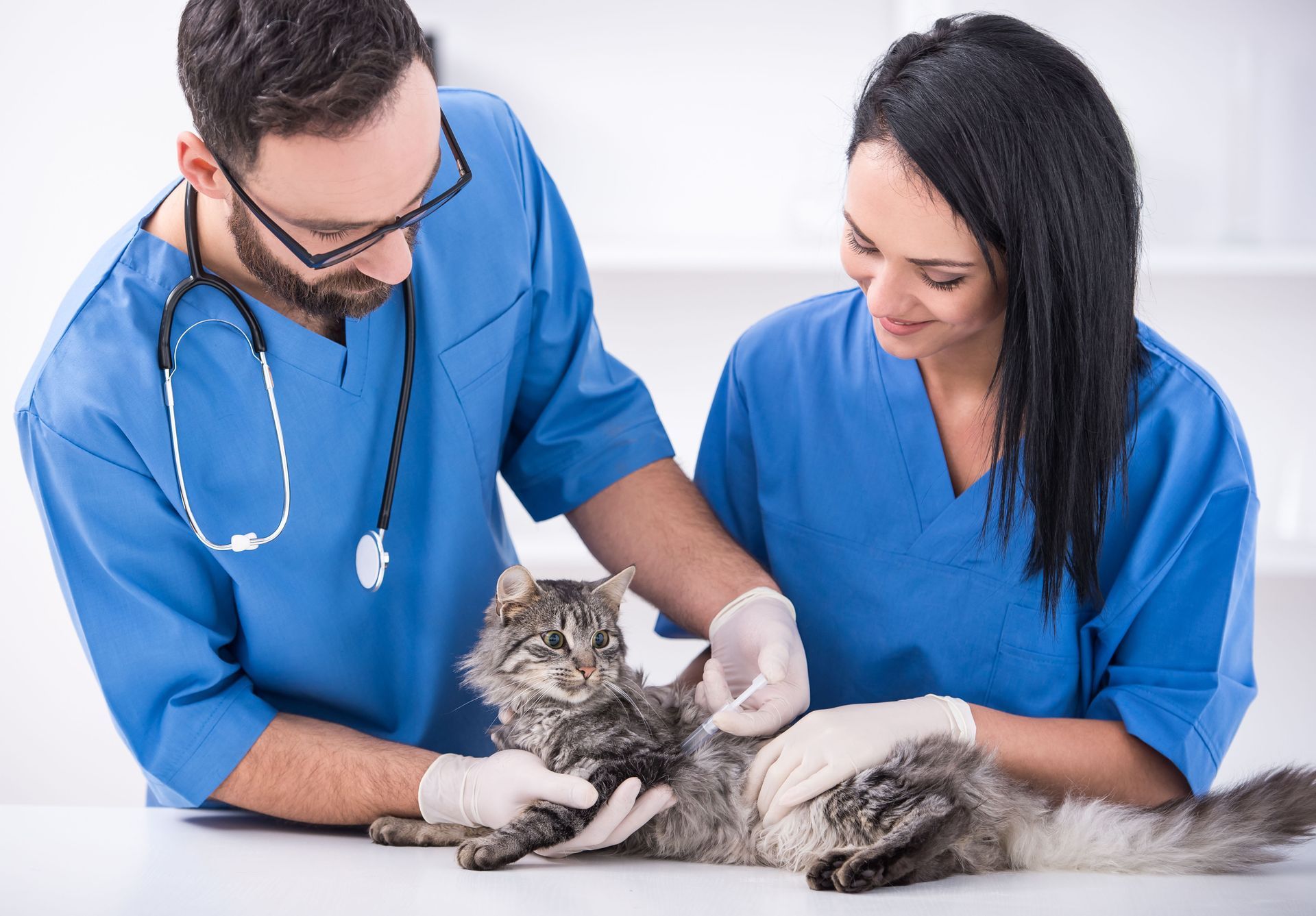
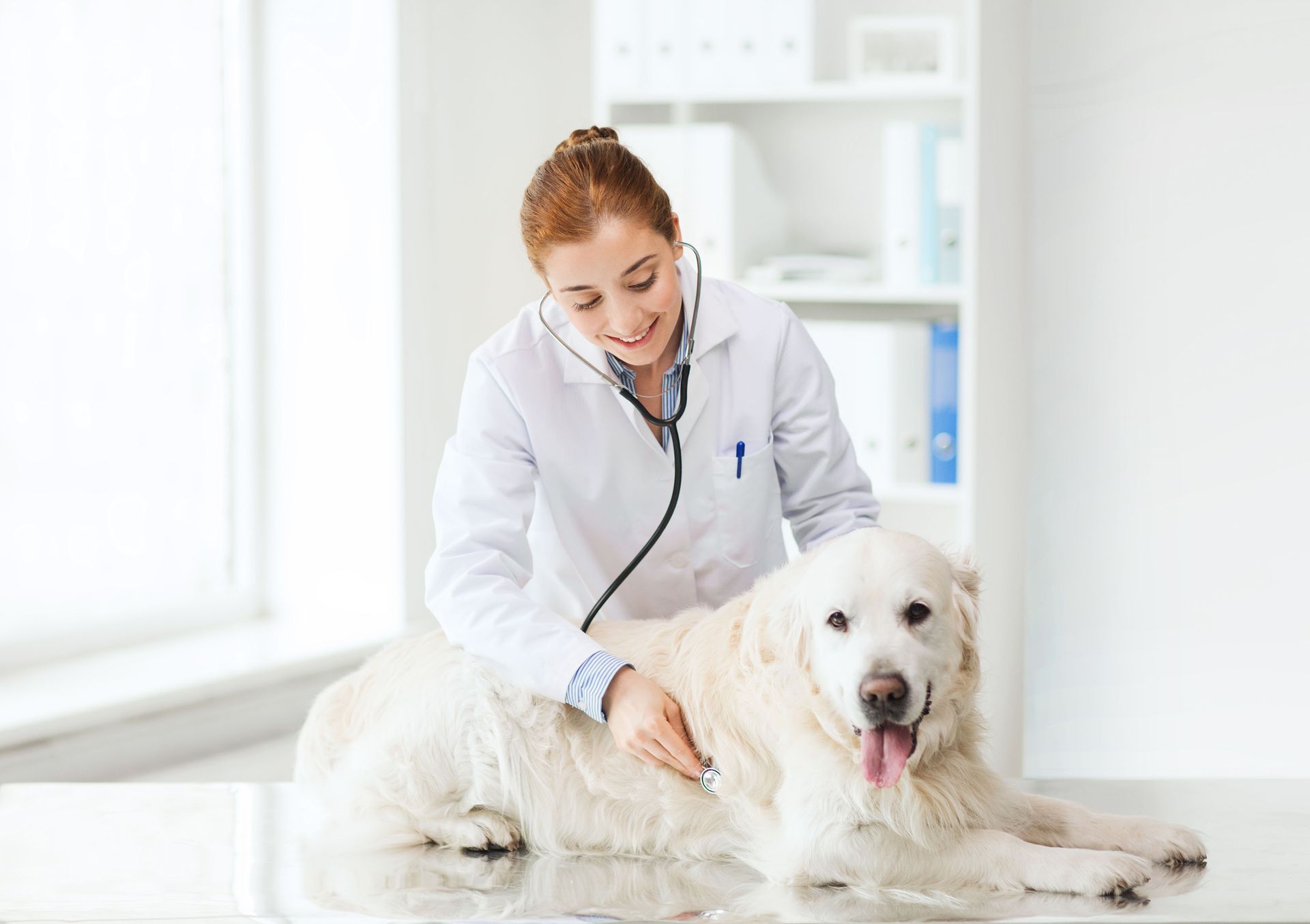
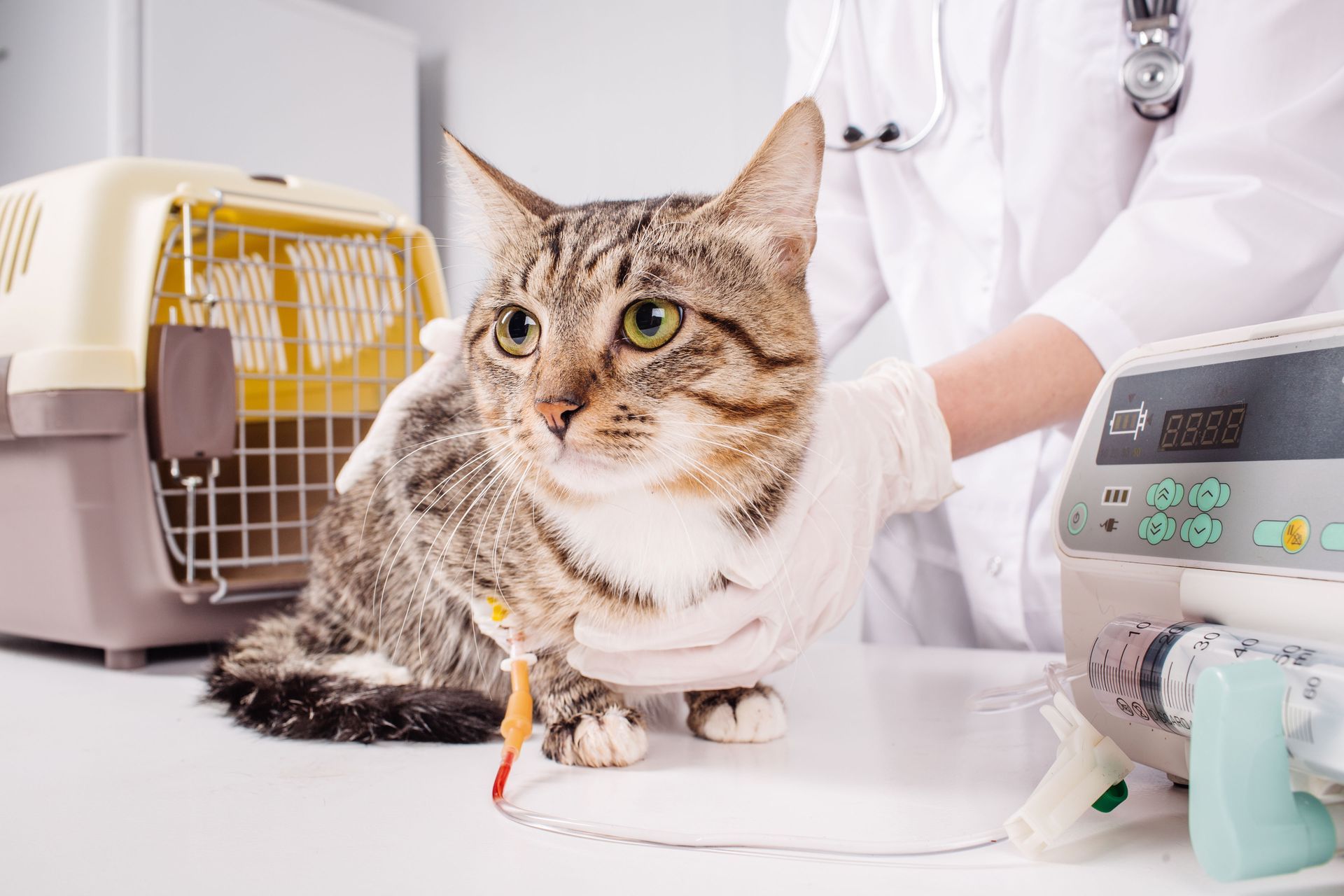
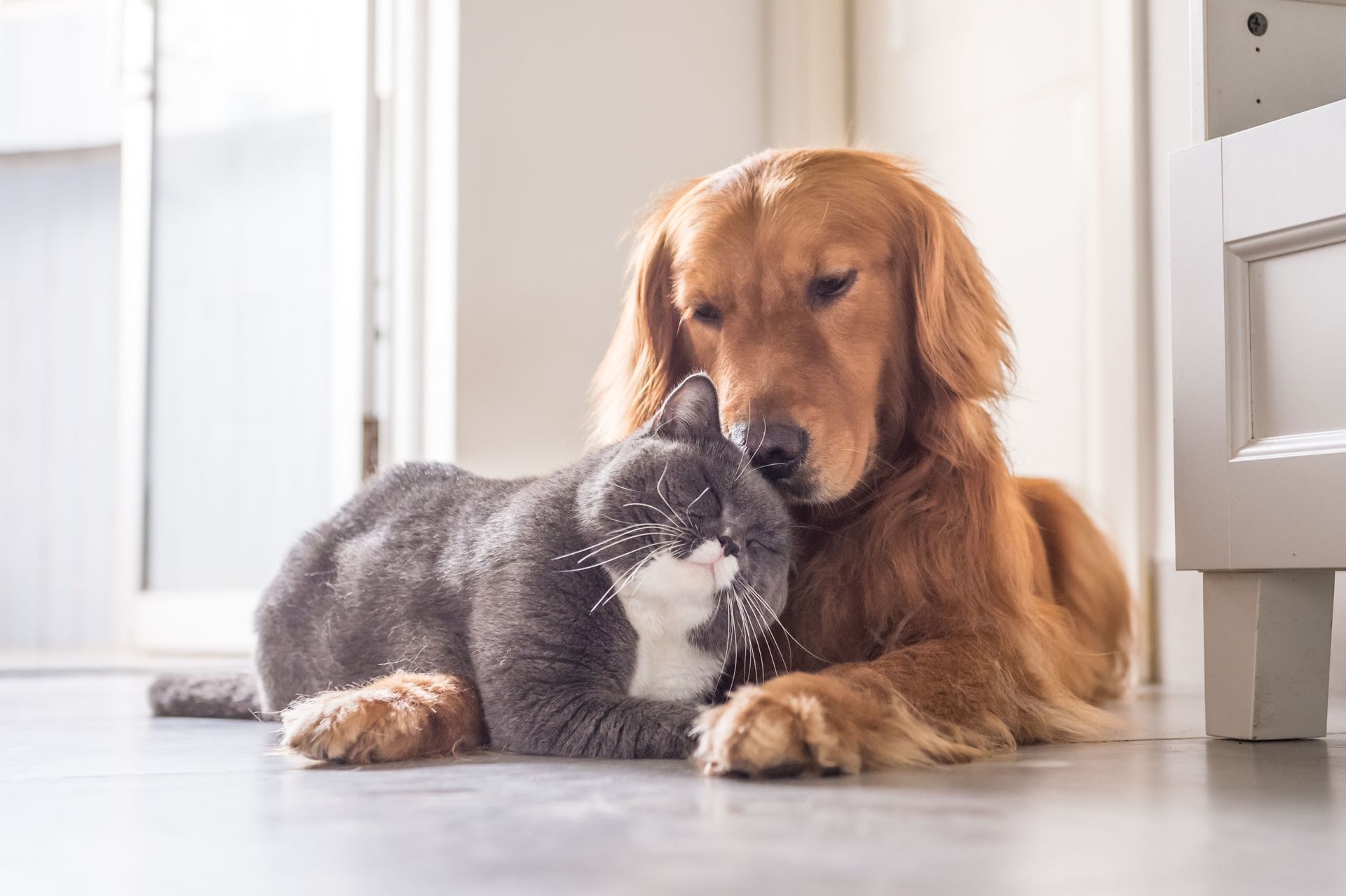
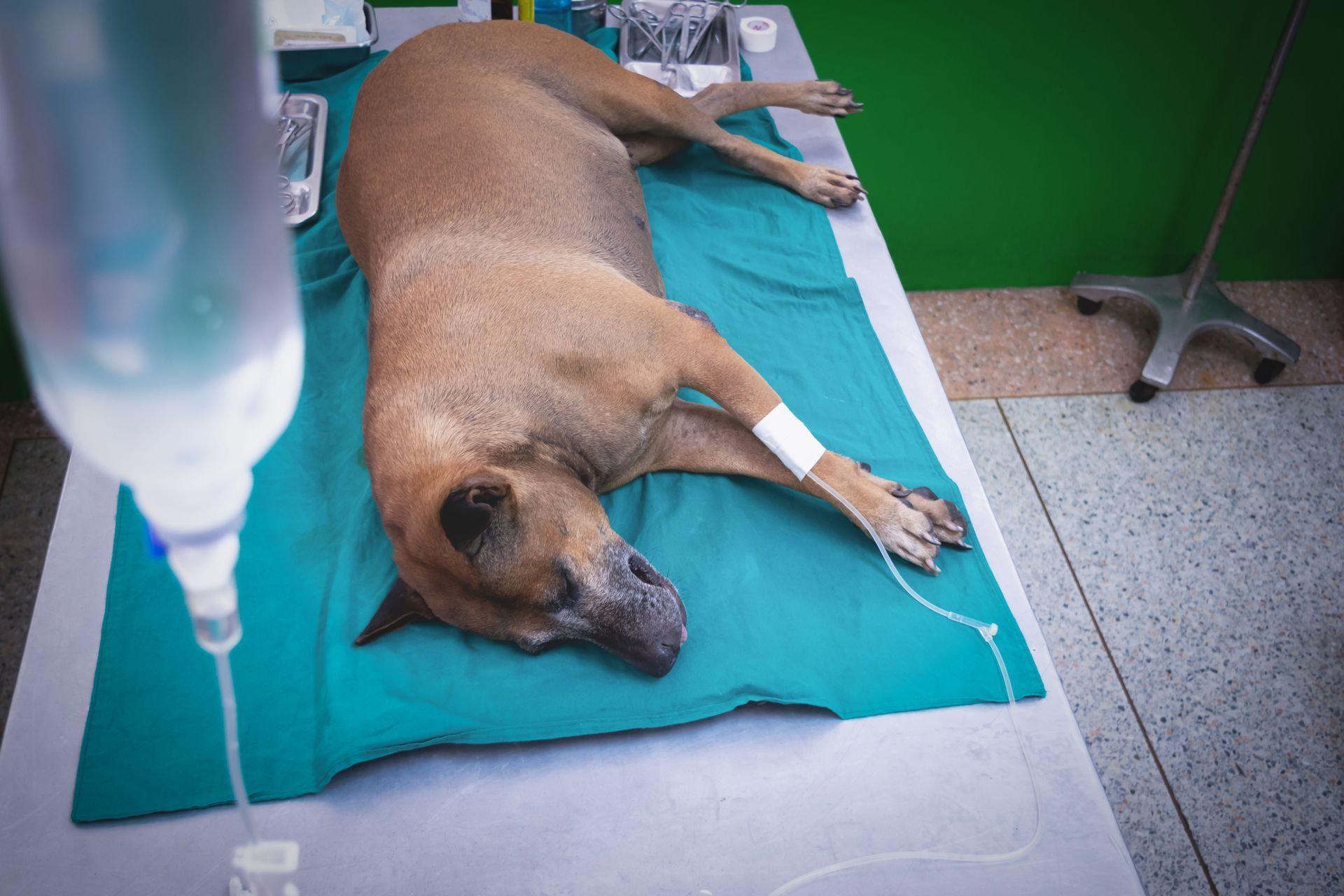
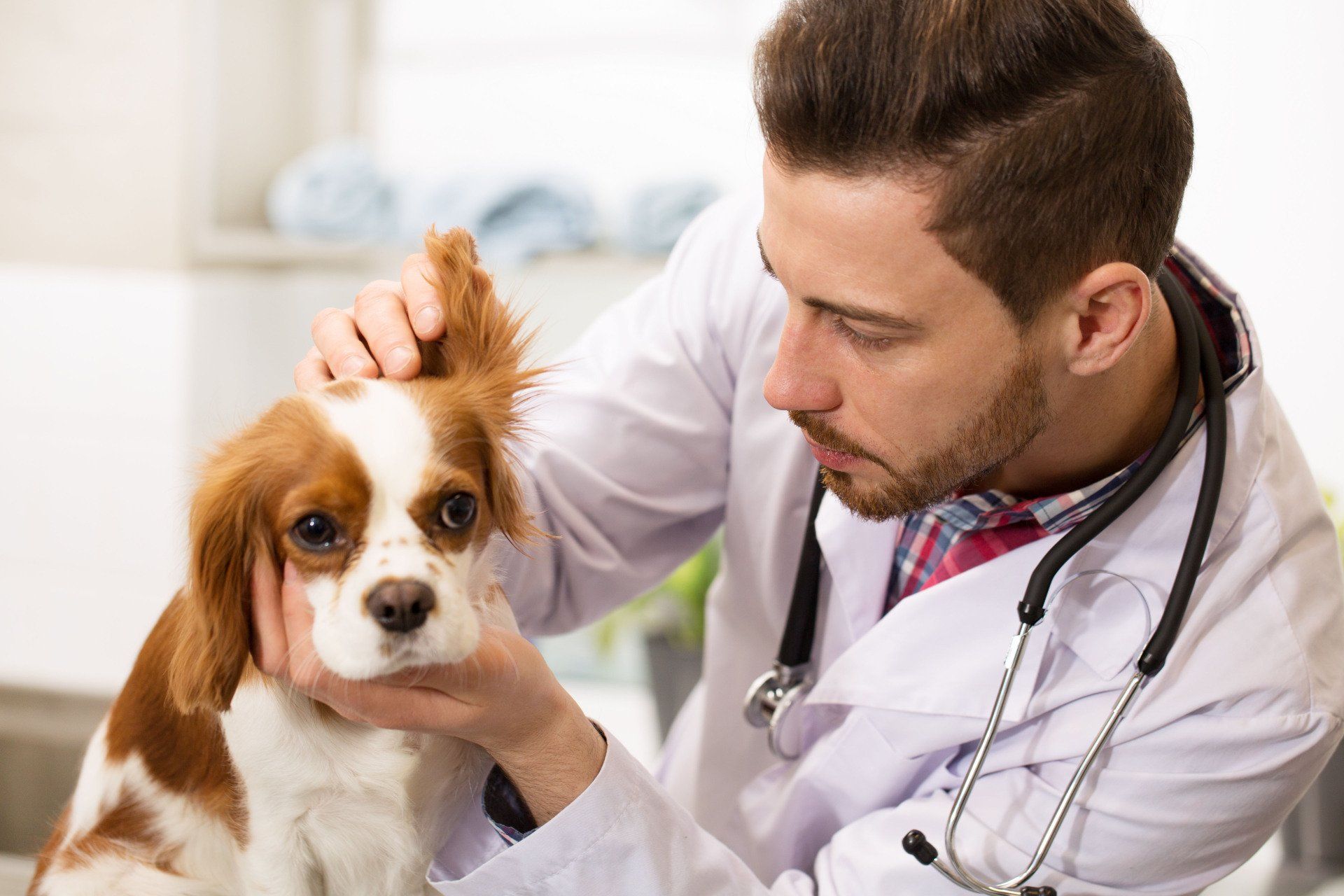
Share On: